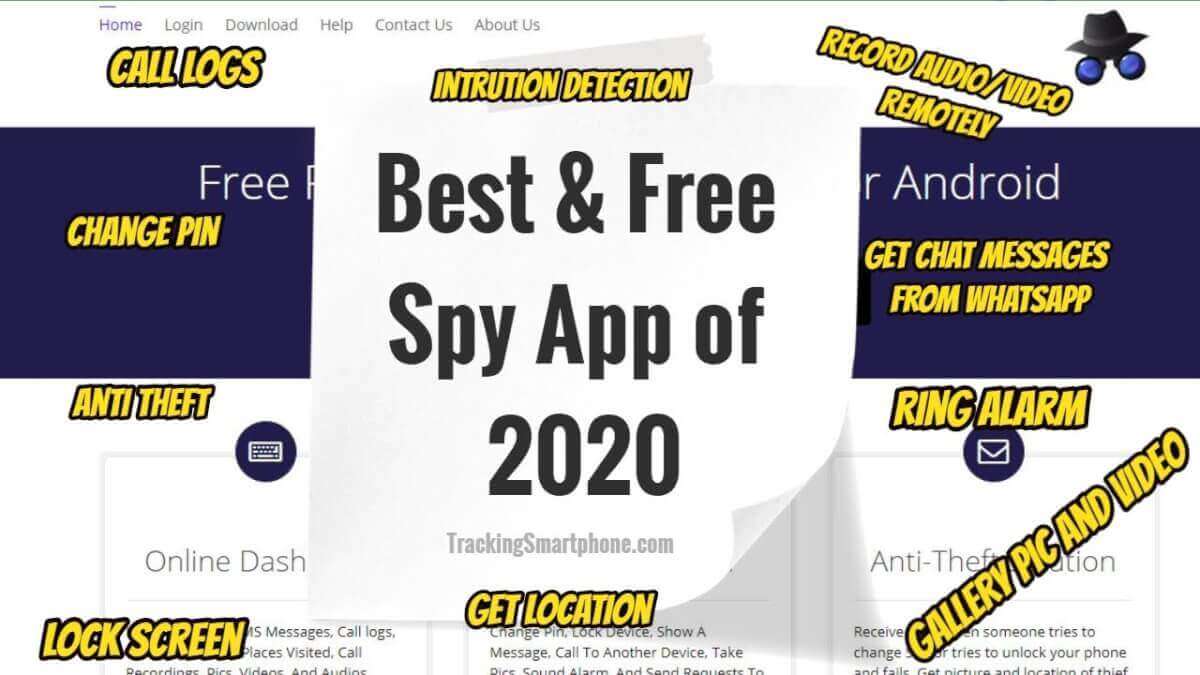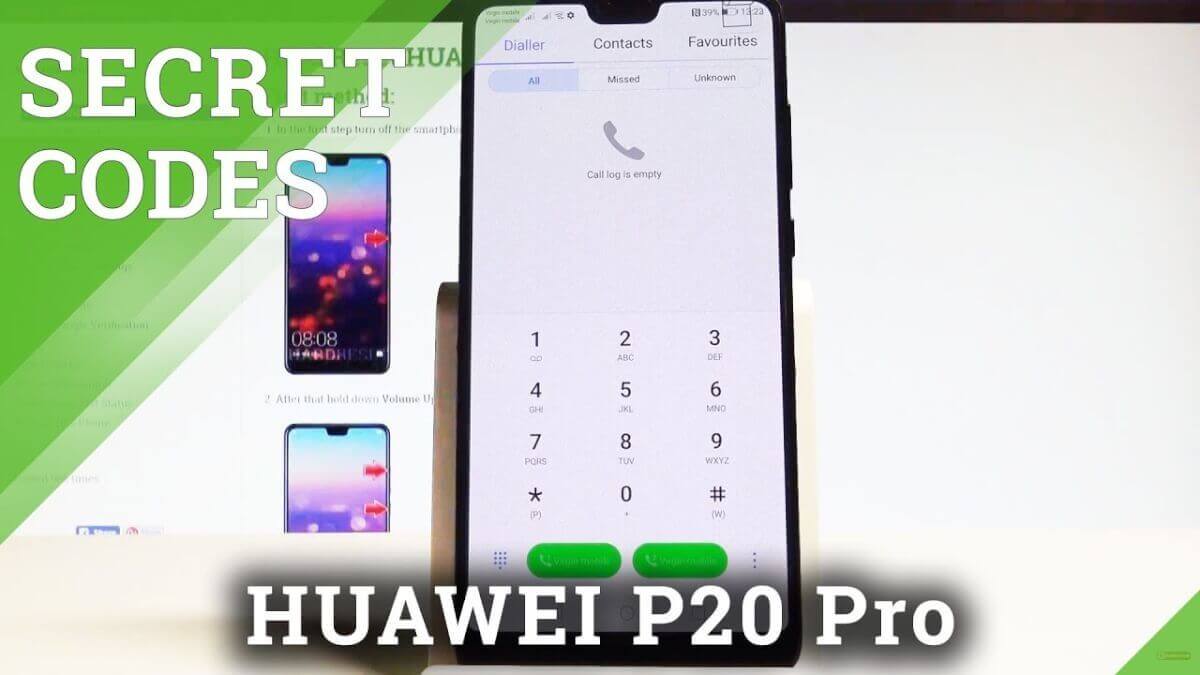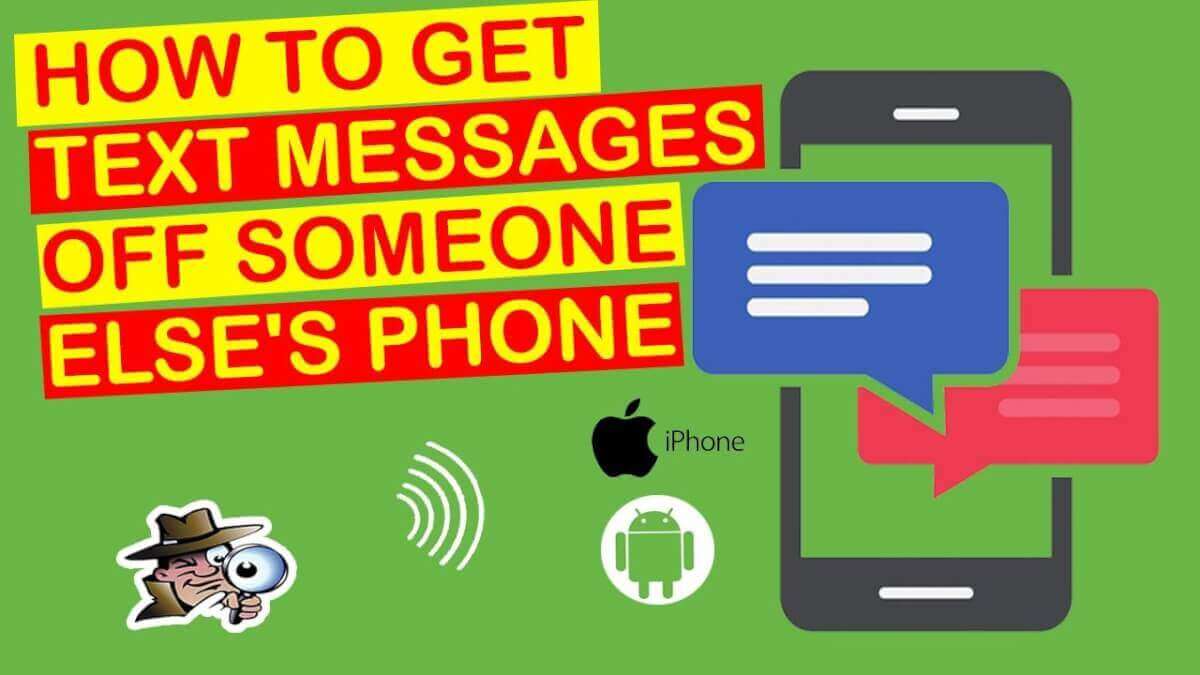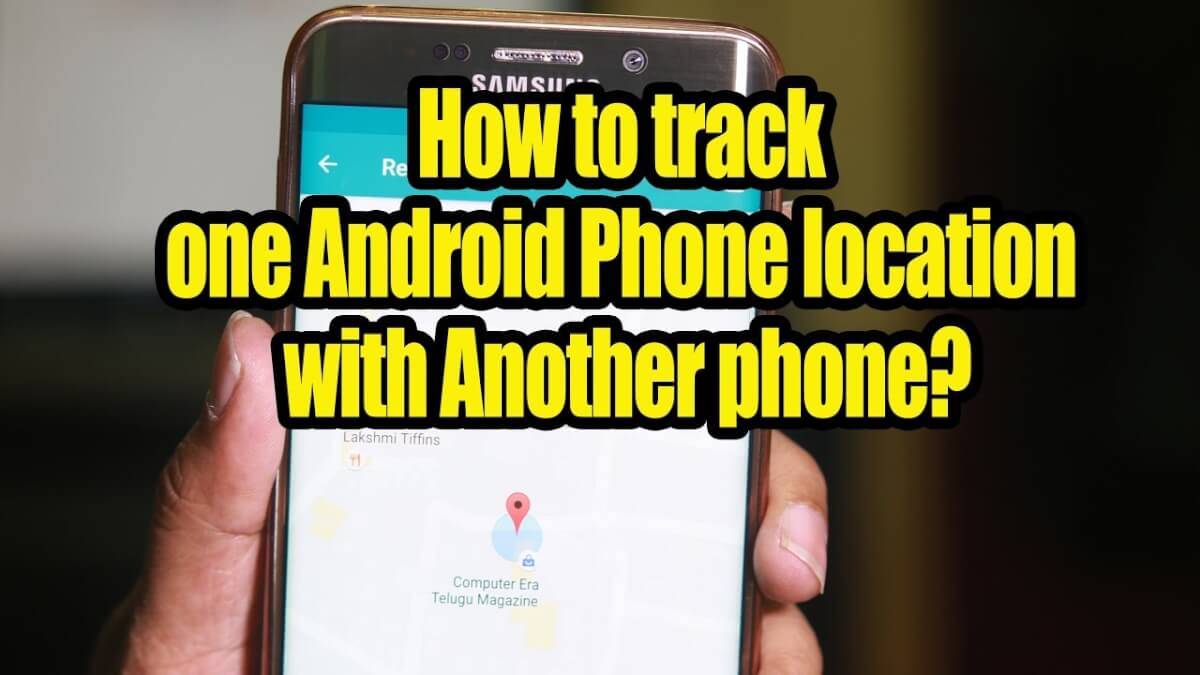Two recent news tales about mobile phone location services lately caught my attention. One would be a positive development and yet another quite negative until it had been a minimum of partly fixed.
The positive story is the fact that Apple’s iOS 12 operating system for iPhone will enable users to “instantly and safely” share their whereabouts data with 911 sales departments and first responders. The negative story says mobile phone carriers were selling real-time customer location information to data brokers who offered that information to police force yet others, without always dealing with individuals annoying and time-intensive formalities for example court orders. As a result of the debate, the main carriers are stopping the practice.
Locations Disclosed Without Consent Or Order From The Court
Inside a letter to AT&T president Randall Stephenson, Sen. Ron Wyden (D-OR) stated he “lately found that Securus Technologies, a significant provider of correction facility telephone services, purchases real-time location information from major wireless carriers and offers that information, using a self-service portal, towards the government with simply a pinky promise.” Wyden also attacked Verizon, T-Mobile and Sprint. To date, Verizon, AT&T and Sprint have announced that they’ll no more provide these details to those organizations.
Based on Wyden, police force agencies could obtain this data by simply uploading an “official document” to some Securus website but stated that senior officials from Securus “have confirmed to my office it never checks the authenticity of individuals submitted documents.”
Additionally to those illegitimate sales to police force, there’s even the not-so-theoretical chance of hacking. Motherboard reported that the hacker broke into Securus servers and stole “2,800 usernames, emails, phone figures, and hashed passwords and security questions of Securus users, stretching from 2011 as much as this season.” And, as Krebs on Security reported recently, LocationSmart, another data aggregator with use of these phone location records, “continues to be dripping these details to anybody using a buggy element of its Web site? awithout the requirement for any password or any other type of authentication or authorization.”
Location Data Can Help To Save Lives
The positive story about smartphone location information is important too and price celebrating. A week ago, Apple announced it’s dealing with emergency technology company RapidSOS to “rapidly and safely” share iPhone callers’ location data with 911 centers. Mobile phone carriers have lengthy had the ability to provide some location data to 911 centers before there have been smartphones. But iPhones and Android devices have much more location data than individuals old switch phones, including so what can be gleaned from Gps navigation and Wi-Fi access points. There’s also efforts going ahead to pinpoint specific locations within structures.
In an announcement, Apple stated that “Roughly 80 % of 911 calls today originate from cellular devices, but outdated, landline-era infrastructure frequently causes it to be hard for 911 centers to rapidly and precisely get yourself a mobile caller’s location.” RapidSOS presently offers its RapidSOS Haven Emergency application for Android and iPhones.
Do-it-yourself Non-emergency Location Discussing
Even without having a 911-level emergency, there’s some other reasons to apply your mobile phone to talk about location data. The first is to allow others know when you’ll probably get to an area, like a meeting or dinner appointment.
These guys bit of mind for moms and dads, spouses/partners along with other close family and buddies. I am a worry-wart and you will find occasions when I have used technology to discover my spouse along with other family people using their permission and understanding, including when they are traveling abroad. It isn’t about stalking but reassurance that they are OK.
I have been told by parents who insist their children share their whereabouts via their smartphone in return for providing them with more freedom to become out by themselves.
Google Maps includes a “Share location before you arrive” feature that enables individuals to follow how well you’re progressing throughout a specific trip. The disposable Glympse application for smartphones enables you to definitely share where you are for any specified duration of time? aup to four hrs, a restriction that stops the application from being mistreated by stalkers.
Apple’s Find My Buddies application enables you to permanently share where you are with buddies, if you can terminate or suspend location discussing anytime.
There’s also methods to track your vehicle. We have a computerized Pro within our vehicle which could track the car’s location, instantly demand help following a crash and supply diagnostic information. It may be removed or disabled, however when it’s working, it may share where you are with anybody permitted to gain access to your bank account.
An alternative choice is applying Apple’s Find My iPhone feature or Google’s Find My Device. Generally, I do not recommend discussing passwords, despite close buddies, but it may be appropriate for parents to trace their kids (ideally using the kids’ understanding) or perhaps between close partners using the understanding that you ought to improve your password for those who have whatever reason to think someone might be misusing the data. There’s also “find my buddies” style apps for Android which you can use to talk about where you are with other people and unshare anytime.






